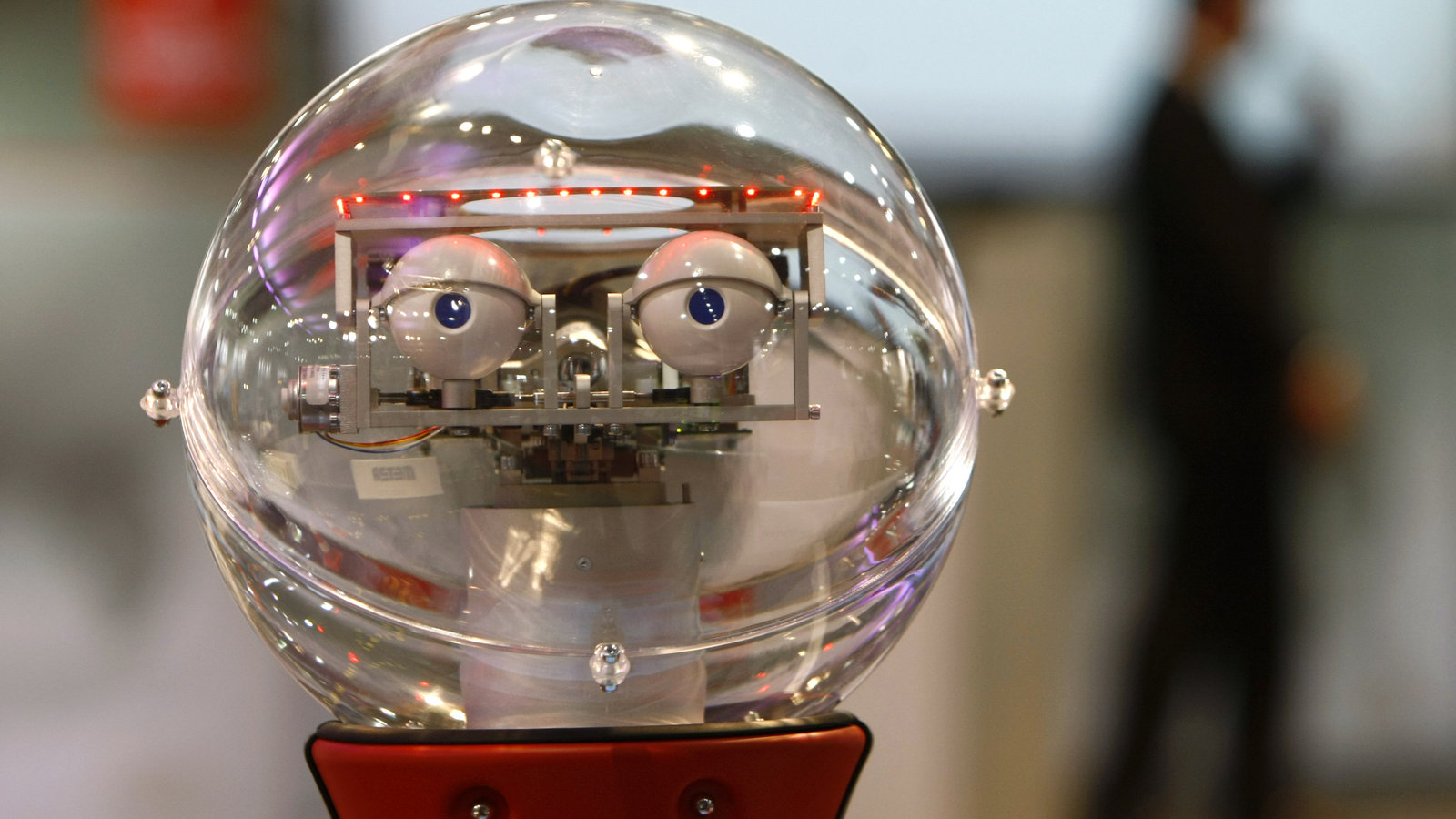The robots are coming, and they’re coming fast. In this fascinating Fresh Air interview, tech writer John Markoff talks about several ways that intelligent machines are likely to profoundly change our lives over the next few years. From self-driving cars to peopleless warehouses, intelligent machines will play major roles in shaping our world. He makes a critical distinction between artificial intelligence (AI) and intelligence augmentation (IA), two schools of research that take radically different approaches to the relationship between humans and machines. As a bonus, the interview ends with what is probably the funniest robot song ever recorded.
npr.org/sections/alltechconsidered/2015/08/20/433000643/how-close-are-we-really-to-a-robot-run-society
Category: 11.2 Technology and Job Quality

More jobs every day are being automated—done by machines rather than humans. In this thought-provoking Fresh Air interview, Silicon Valley executive Martin Ford says that all kinds of jobs—even many that we assume are machine-proof—are threatened by advances in hardware and software. The implications for our economy and our society are far-reaching.
http://www.npr.org/sections/alltechconsidered/2015/05/18/407648886/attention-white-collar-workers-the-robots-are-coming-for-your-jobs
 The Internet makes it possible for people to collaborate on a massive scale, working together to accomplish tasks that might otherwise be impossible. The world of online collaboration is changing rapidly—and changing our lives in the process. Many TED talks and NPR podcasts have helped us to understand the applications and implications of collaborative technology. In this fascinating radio program, TED and NPR collaborate to explore collaboration by combining excerpts from several TED talks with interviews and commentary.
The Internet makes it possible for people to collaborate on a massive scale, working together to accomplish tasks that might otherwise be impossible. The world of online collaboration is changing rapidly—and changing our lives in the process. Many TED talks and NPR podcasts have helped us to understand the applications and implications of collaborative technology. In this fascinating radio program, TED and NPR collaborate to explore collaboration by combining excerpts from several TED talks with interviews and commentary.
www.npr.org/2013/07/13/197986218/why-we-collaborate